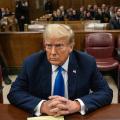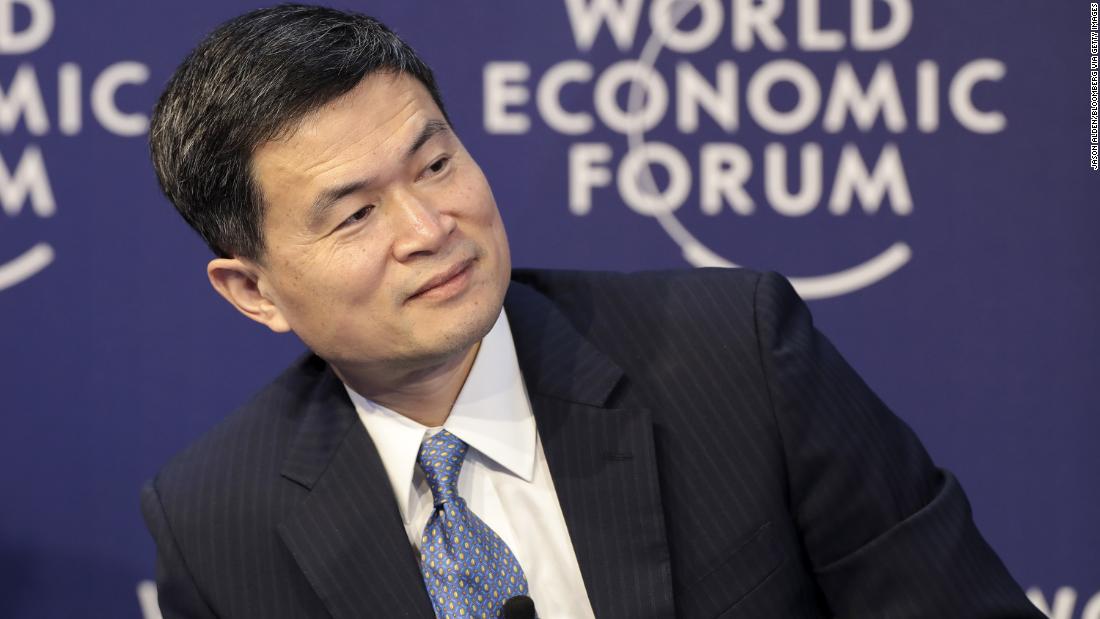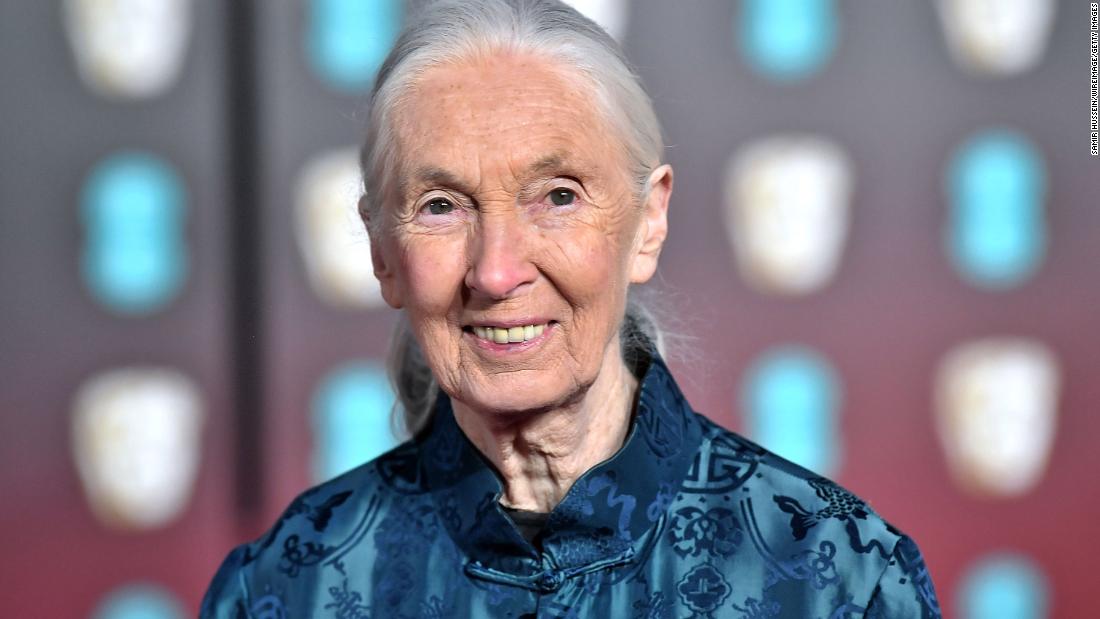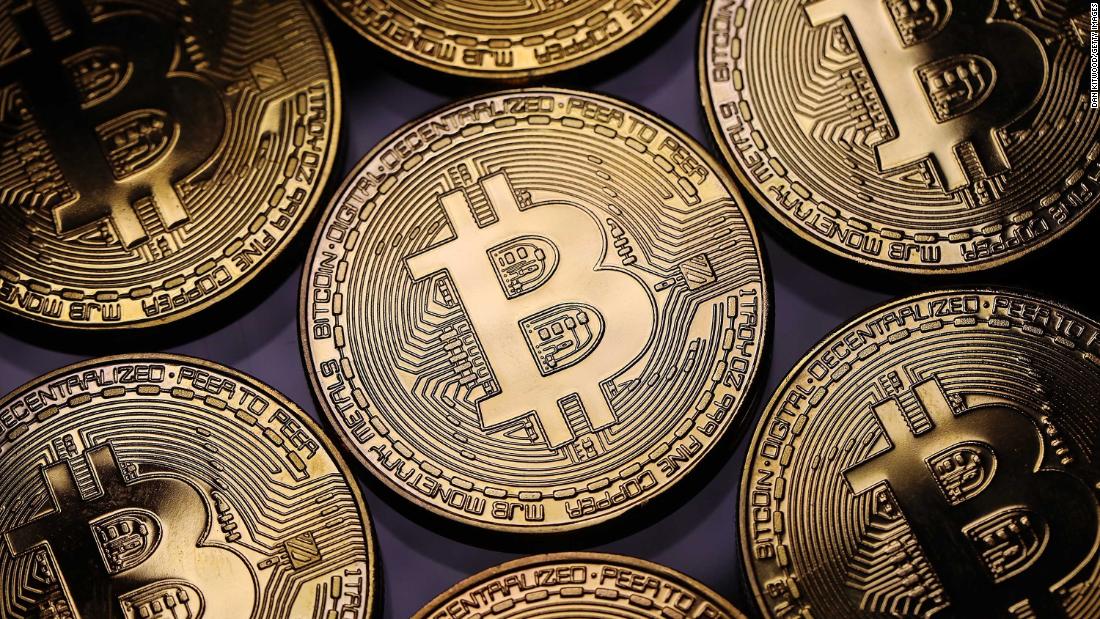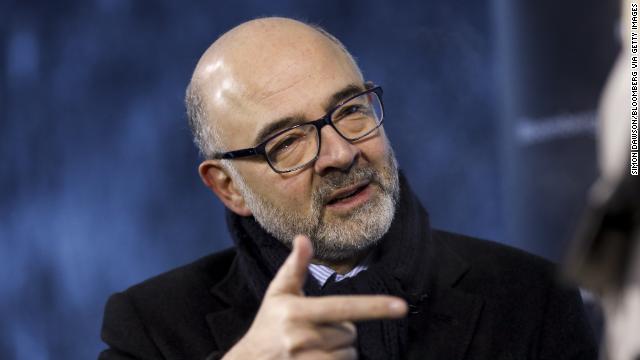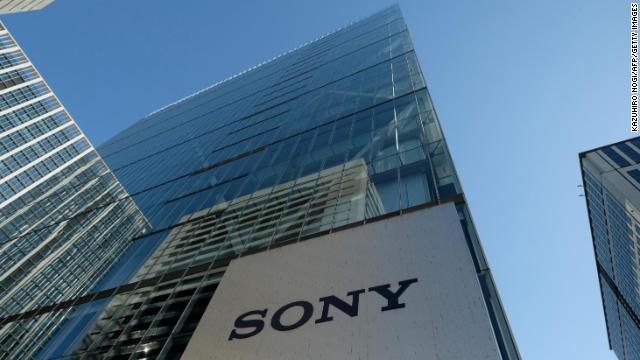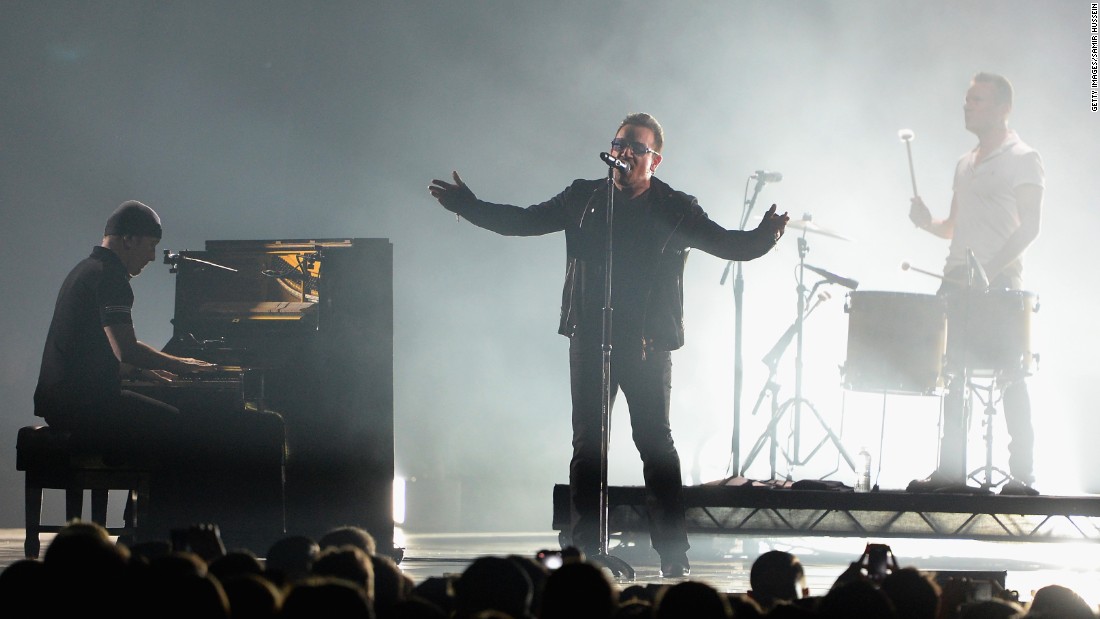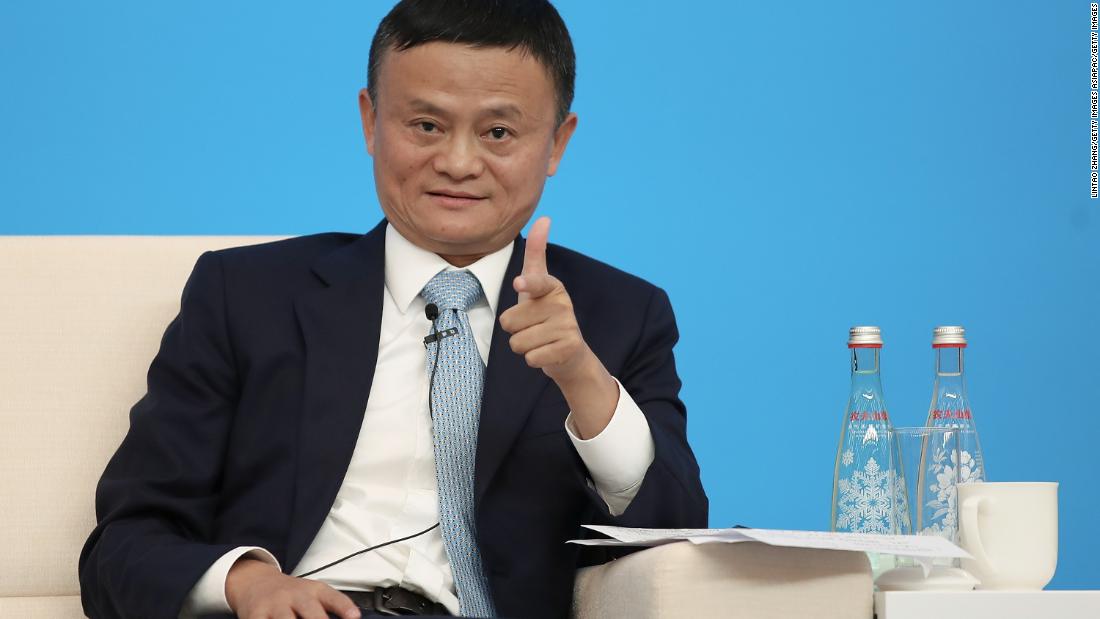
Jack Ma thinks Western countries need to take their tech skepticism down a notch.
“Today the world is full of suspicion and full of worries,” he said at the World Economic Forum.
The founder of Alibaba (BABA) singled out Europe, saying the continent is preoccupied with regulation and issues including privacy and security. He also said there's not enough understanding of the technology in question.
“To me, to us, it’s opportunity. I don’t believe [out of] over 200 countries, everybody’s puzzled [and] every country’s worried," he added.
Last year, the European Union implemented tough privacy rules that give consumers more control over their data.
The European people just worry too much,” Ma said.
The billionaire explained that Alibaba doesn’t debut new technologies in the United States or Europe because of the prevailing distrust.
“We go to the countries who believe in [us] first,” he said. “We go to Africa.”


